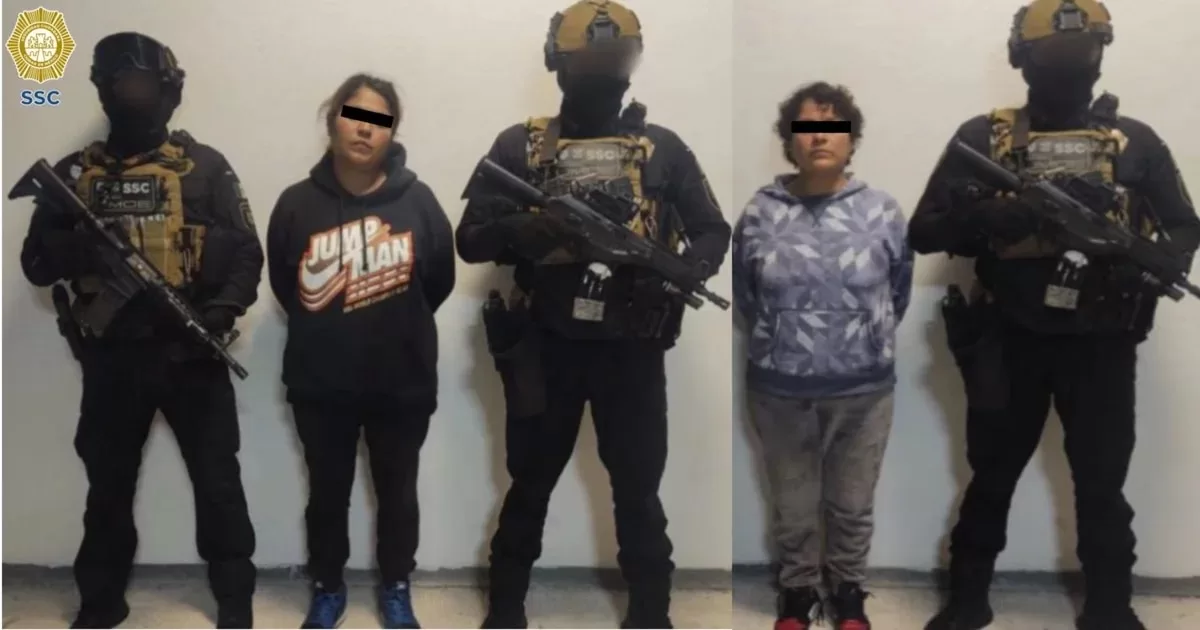“Hi Dad!”
“Take care.”
“I love you.”
“Love you.”
When my son said goodbye this morning at half past seven, not only my thoughts accompanied him, but also the hope that he would have a nice day at school and would come home healthy and in a good mood after after-school care.
In the last few days, as the editor of FOCUS, I have been dealing with the terrible events in Freudenberg and Heide online and have had many discussions with the police and psychologists in this connection.
Unbelievable deeds shake Freudenberg and Heide
In Freudenberg, twelve-year-old Luise was murdered by her friends, in Heide a thirteen-year-old girl was tortured by her classmates and her soul was hurt. Two cases that leave neither our readers nor me indifferent. I can only guess what goes on in the parents who have to endure so much suffering.
As the father of a ten-year-old, I ask myself: am I doing enough, am I warning enough, am I giving enough support to protect my child from similar abuse? I don’t want to think in detail that something like this could happen to him. But should I? Don’t I even have to?
There is nothing worse in the world than seeing your child suffer, maybe even losing them. The fear of it is not omnipresent, but somehow always there. And with it the question: what if?
violence in elementary school
I remember well how my son came home very sad at the end of the first grade. It quickly became clear to my wife and to me as parents: Something is wrong here. Something happened here.
It turned out that out of the blue my son had been choked from behind by a classmate. A scene from an action movie with seasoned actors maybe, but nothing you would expect in elementary school.
We immediately contacted the class teacher and the school administration. We were horrified and frightened at the same time and above all we were very worried about how our son would cope, how he would deal with it.
processing in class
The incident was worked up in class with the school social worker. We explicitly told our son that such an attack is not normal – and certainly not his fault or even his fault.
Since he still felt a strong pressure in his throat a few days later, my wife took him to the pediatrician. He assured me that everything was fine. My son was relieved. For him, it seemed, that was the end of the matter.
Even today, almost three years later, I think back on it with a queasy feeling. What if the other boy had held out longer? Unthinkable.
Words can hurt too
Nothing of the sort has happened since then. But the other afternoon he was kinda weird. He didn’t want to talk about it, denied that anything was wrong.
Only in the evening, when he was already in bed and tears were running down his cheeks, did he tell my wife that a classmate had teased him. My wife comforted him. We told him that children, like adults, sometimes say or do bad things later on.
That he shouldn’t take it to heart. That maybe it wasn’t meant to be as bad as he felt at the moment. And above all: that he doesn’t have to figure it out on his own. That he always comes to us when he has a stomach ache. That we parents are always there for him. That a sorrow shared is a sorrow halved.
Looking for solutions to problems
Of course we also told him how to react to meanness. How he could let the attacker run into nothing. How he turns the tables and asks his comrade if he actually understood how painful what he said hurts.
This is certainly not the last word of wisdom. But at best and hopefully a little help.
As adults we know that life isn’t always sunshine, it rains often and sometimes rains Thunderstorm raises. The world is full of problems that hopefully have solutions.
How can I protect my child?
As a father, I ask myself the question even more: How can I protect my child from the outside world? Should I take it to school? Should I pick it up from training? Should I let it go alone to its friends? Am I exposing it to dangers that wouldn’t exist if I were driving it?
The answer to the last question is yes. But what happens to my son if I don’t give him that freedom? If I go with him every way, avoid every risk? And what about school, after-school care, the gym? I can’t and don’t want to be there.
What I can do: look closely and listen carefully. Parents often notice quickly when something is wrong. Mutual trust plays a role here. Of course, there is still a residual risk.
We also talked about Luise. About the poor girl who was killed by her classmates. “They were children?” my son asked in surprise. “How come?”
I had no answer.



